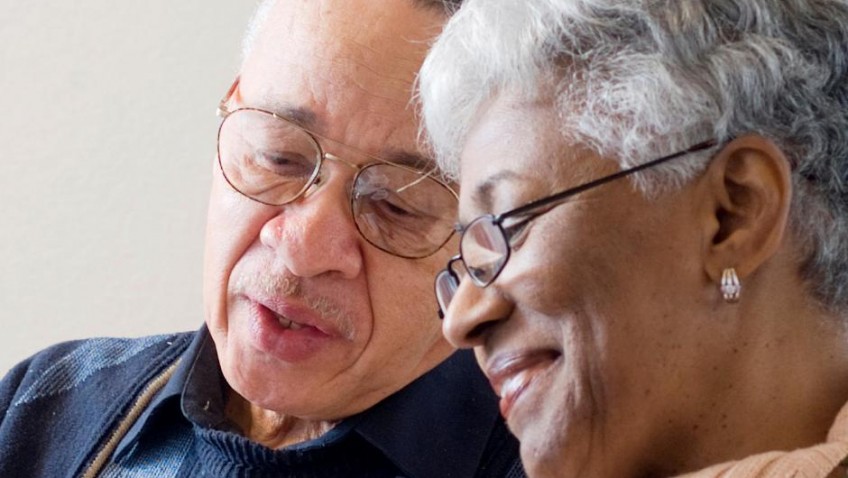It used to be a rare occurrence that a 100th birthday telegram from the Queen was dispatched but in the last decade this has risen by more than 70%.
The huge rise has caused the Department of Work and Pensions to increase its ‘centenarian staff’ seven-fold to ensure congratulations cards and letters are sent on time.
Congratulations
Since 1917, the Sovereign has sent congratulatory messages to people celebrating notable birthdays and anniversaries.
Cards are sent to those celebrating their 100th and 105th birthday and every year thereafter, and to those celebrating their diamond wedding (60th), 65th, 70th wedding anniversaries and every year thereafter.
Increasing life expectancy has seen the number of people living beyond 100 years rise from 8,060 in 2003 to 13,780 in 2013.
The number surviving beyond 105 has also soared, doubling to 710 in the last 10 years.
It is now estimated that one in three children born today will reach 100, with a predicted 111,000 centenarians by 2037.
Margaret Wilberforce-Eke, Centenarian team leader, said: “We get to speak to some fascinating people with some amazing stories about their lives over the last century.
“We hear about people celebrating their big days with street parties, hot air balloon rides, trips of a lifetime abroad, and even a pool party.
“Playing a part in their celebrations is really rewarding and we look forward to helping thousands of people have a happy 100th birthday this year.”
Party planning for 100th birthdays is a growth industry and you can buy banners and balloons, napkins and even a special 100 cake candle.
The figures, released by the Office of National Statistics, reveal there were 8,060 centenarians in 2003, which rose to 13,780 in 2013.
Record breaking
There were over half a million people aged 90 and over living in the United Kingdom in 2013 indicating that the increase in work for the department will continue to rise.
In one year, 1920, a rebound in births so sudden, so big, that it remains the record year for babies in UK history, a record that survives despite a large increase in the UK population of childbearing age.
Today, there’s talk of a new baby boom. In 2010, there were about 807,000 live births in the UK, a rise of nearly 20% in a decade.
But 1920 beats that with ease, with probably well over 1.1 million live babies born in the UK as a whole, well above the post-WWII boom year of 1947, comfortably above the peak of the baby boom of the 1960s and far above the latest figures.
And what of these babies now? Infant mortality was high and many lives were lost in the Second World War, but those remaining are all in their 90s.
The total UK population born from 1914 to 1920 altogether, male and female, once numbering about 6.5 million, is still over 300,000 strong. But within that, some groups are dwindling fast.
Of men born in 1914, for example, there are probably only about 4,000 still surviving.
They will be with us for a while yet. But the generation born into the Great War, the Spanish Flu and the UK’s fastest and biggest ever baby boom, all in the space of a few turbulent years, is beginning to go its way.
The DWP Centenarian team based in Newcastle upon Tyne, contacts people approaching their 100th, 105th and every subsequent birthday and has now expanded from a single person to a team of seven to provide a better service as the number of people over 100 increases.
Each week records for customers approaching 100 or 105 years of age are sent to the Centenarian team for further investigation, including visiting people to ensure they receive cards from the Queen and the Secretary of State.
Iain Duncan Smith, Secretary of State for Work and Pensions, said: “It is a privilege to send these cards and help the hundreds of people each year to celebrate their special birthday.
“Our ageing society can only be a cause for celebration and our reforms to pensions are ensuring the system can stay strong as the number of people in Britain hitting 100 ‘not out’ increases.”
People born in 1914, at the start of World War 1, share their birth year with poet Dylan Thomas, Hollywood icon Hedy Lamarr, actor Kenneth More, Sir Alec Guinness, Carry On star Charles Hawtrey, Superman George Reeves and baseball legend Joe DiMaggio.
Being old does not mean you lose your ability to think quickly: we have a family story regarding an aunt who having reached 105 was treated to a party where a great nephew commented “I don’t know if I should like to be a 105” to which the immediate response was “ You would if you were 104!”
By Tina Foster




